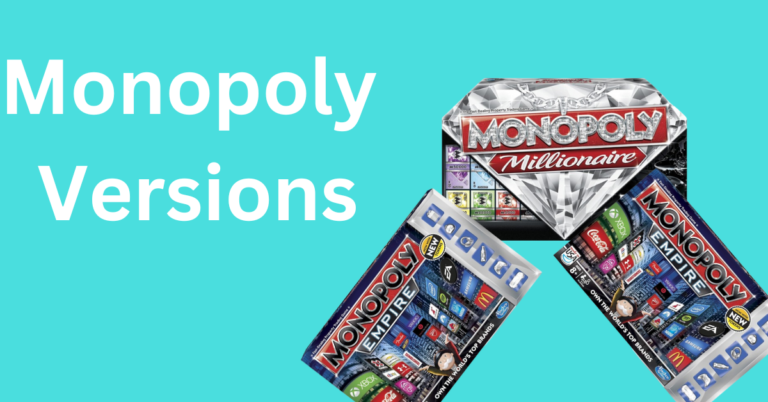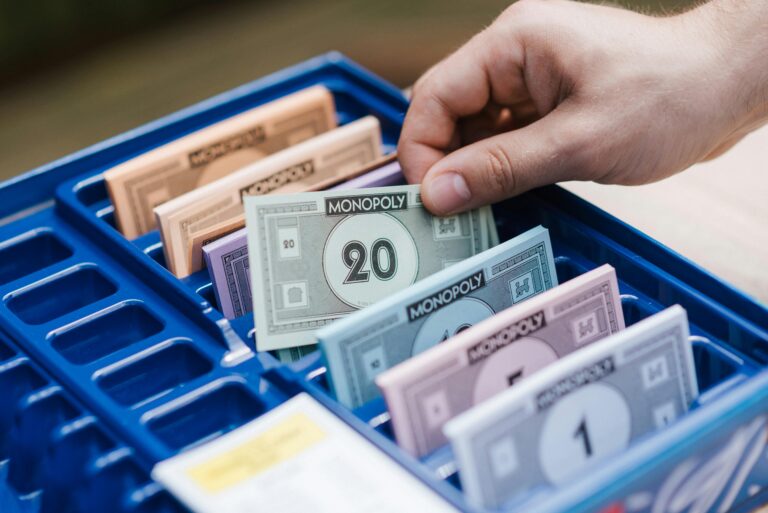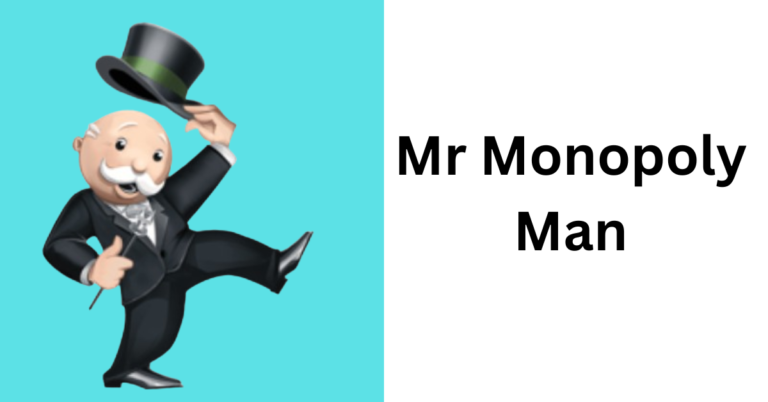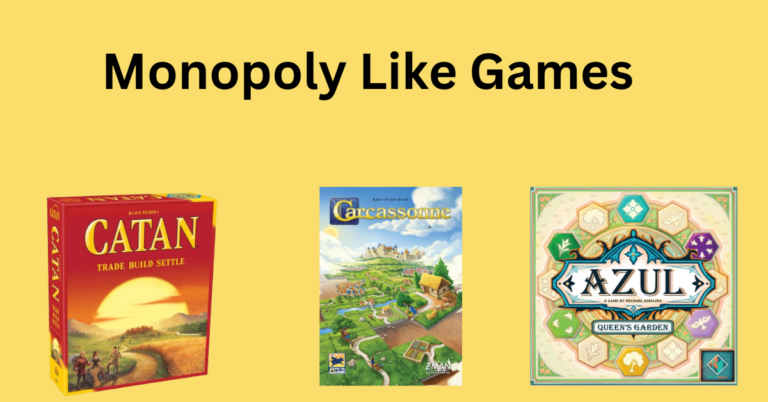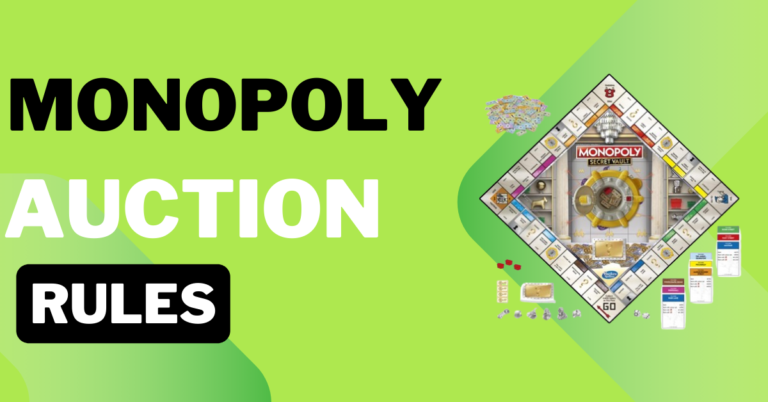The True Story of Who Invented Monopoly? – Secret Unveiled
Monopoly traces its roots back to “The Landlord’s Game,” created by Elizabeth Magie in 1903. Intended as a critique of monopolistic land ownership, Magie’s game featured elements that would later be incorporated into Monopoly, such as buying properties, collecting rent, and the concept of bankruptcy. Despite its educational and socio-political message, The Landlord’s Game initially remained relatively obscure.
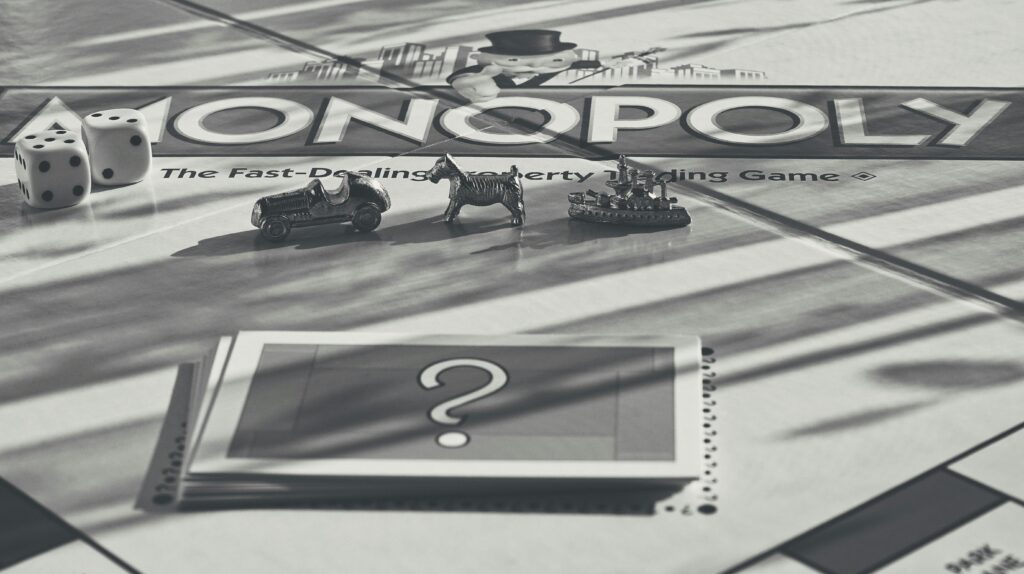
Parker Brothers Acquisition and Commercialization
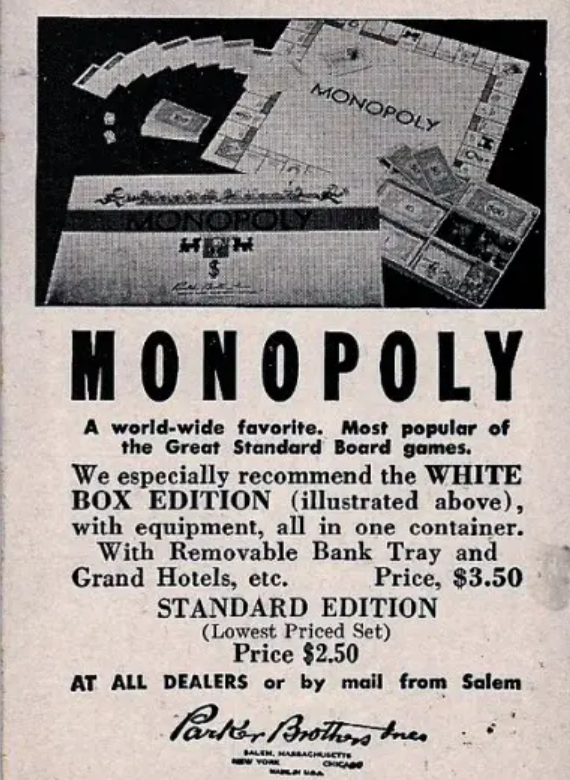
In the 1930s, a heating engineer, Charles Darrow created a variant of The Landlord’s Game, which he dubbed Monopoly. Darrow’s version, featuring street names from Atlantic City, New Jersey, gained popularity among his friends and family. Recognizing its potential, Darrow attempted to sell the game to established companies but faced rejection. Undeterred, he self-published and sold copies of Monopoly, eventually catching the attention of Parker Brothers, a major game manufacturer.
In 1935, Parker Brothers acquired the rights to Monopoly, leading to widespread distribution and marketing. The company modified the game, including simplifying the rules and adding iconic metal game pieces. Monopoly’s popularity soared, becoming a staple in households across America during the Great Depression.
International Expansion and Adaptations
Following its success in the United States, Monopoly quickly spread internationally. Parker Brothers licensed the game to foreign publishers, allowing for localization with city-specific boards and currency. This adaptation strategy facilitated Monopoly’s integration into various cultures worldwide, contributing to its enduring popularity.
Over the years, Monopoly has undergone numerous themed editions/Versions, featuring popular franchises such as Star Wars, Disney, and various sports leagues. These special editions offer unique twists on the classic gameplay, attracting fans of specific themes while maintaining the game’s fundamental mechanics.
Cultural Impact and Legacy
Monopoly’s influence extends beyond its gameplay, permeating popular culture through references in literature, film, and television. The game has inspired numerous spin-offs, parodies, and even academic studies examining its economic and social implications. Its enduring legacy is evident in its induction into the National Toy Hall of Fame and its status as one of the best-selling board games of all time.
Evolution of Gameplay Mechanics
Throughout its history, Monopoly has seen several iterations and adaptations in its gameplay mechanics. From the addition of Chance and Community Chest cards to the introduction of house and hotel construction, these modifications have enhanced strategic depth and player engagement. Understanding the evolution of gameplay mechanics sheds light on Monopoly’s enduring appeal and continued relevance in the world of board gaming.
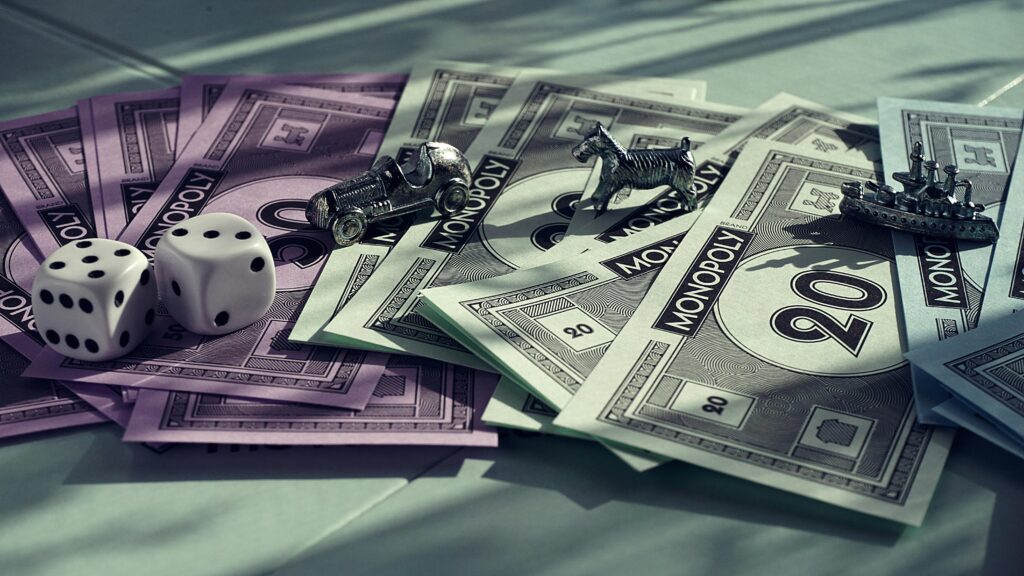
Controversies and Criticisms
Despite its widespread popularity, Monopoly has not been without controversy. Over the years, the game has faced criticism for promoting cutthroat capitalism, perpetuating stereotypes, and fostering negative behaviors such as greed and ruthlessness. Additionally, disputes over intellectual property rights and unauthorized versions of the game have sparked legal battles. Examining these controversies provides a nuanced perspective on Monopoly’s impact and reception in society.
Educational Applications and Benefits
Beyond its entertainment value, Monopoly has found applications in education, teaching players valuable lessons in financial literacy, negotiation, and decision-making. Many educators have incorporated the game into their curriculum to promote critical thinking and real-world problem-solving skills. Exploring Monopoly’s educational benefits underscores its versatility as both a recreational pastime and a learning tool.
The Future of Monopoly
As technology advances and consumer preferences evolve, the future of Monopoly remains an intriguing subject of speculation. With the advent of digital gaming platforms and virtual reality experiences, Monopoly has expanded its reach into new mediums and formats which is the ultimate monopoly banking edition. Additionally, ongoing efforts to modernize the game’s branding and incorporate contemporary themes reflect a commitment to staying relevant in an ever-changing market. Speculating on the future trajectory of Monopoly invites discussion on potential innovations and challenges facing the iconic board game.
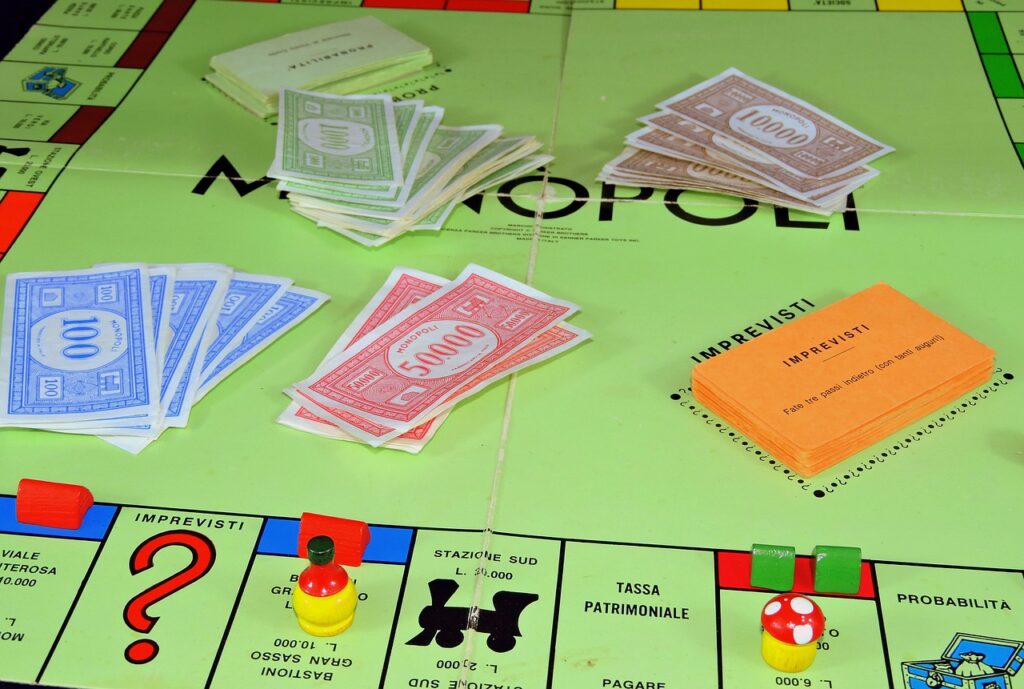
Community and Tournament Play
Beyond casual home play, Monopoly enthusiasts have formed communities and organized tournaments to celebrate their love for the game. These events provide opportunities for players to showcase their skills, compete against peers, and connect with fellow fans. Exploring the vibrant community surrounding Monopoly offers insights into the game’s enduring appeal and the camaraderie it fosters among players worldwide.
Who invented the game Monopoly?
The game Monopoly was originally designed by Elizabeth Magie in 1904 under the name “The Landlord’s Game.” It was intended to illustrate the economic consequences of land monopolism and the use of rent. Charles Darrow later adapted and popularized it in the 1930s, which led to the version that Parker Brothers published and that we know today.
What was the original purpose of The Landlord’s Game?
Elizabeth Magie created The Landlord’s Game to teach players about the negative aspects of concentrating land in private monopolies. The game was designed to demonstrate Henry George’s single-tax theory, which advocated for the public ownership of land and a single tax on land values.
Who owns Monopoly?
Monopoly, the popular board game, is owned by Hasbro, Inc. Hasbro acquired the rights to Monopoly in 1991 when it purchased Parker Brothers, the original publisher of the game. Parker Brothers, founded by George S. Parker in 1883, had been publishing Monopoly since it was first created and patented by Charles Darrow in the 1930s.
When was Monopoly first invented?
Monopoly, in its earliest form, was invented in 1903 by Elizabeth Magie. She created a game called “The Landlord’s Game”. The version of Monopoly that most people are familiar with today was developed by Charles Darrow in the early 1930s. Darrow’s version was based on The Landlord’s Game, with some modifications and improvements.
From its humble beginnings as The Landlord’s Game to its global dominance in the world of gaming, Monopoly has left an indelible mark on popular culture. By examining its evolution, controversies, educational applications, and community impact, one gains a deeper appreciation for the enduring legacy of this timeless classic. As Monopoly embarks on its journey into the future, its status as a beloved household staple is sure to endure for years to come.


